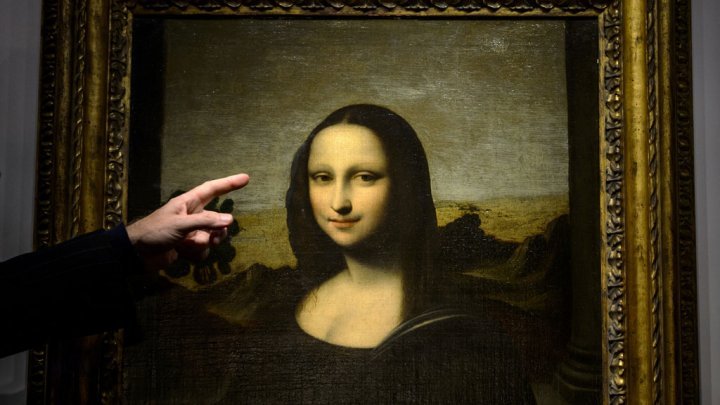
Leonardo da Vinci’s Mona Lisa is probably the best known work of art in the world.
Her enigmatic smile beams down on hundreds of thousands of tourists a year at the Louvre Museum in Paris.
She could also bring a smile to France’s cash-strapped government if a sale could ease the national debt.
Heavily-indebted Portugal is doing something similar, putting its state-owned collection of Miro paintings up for sale.
It hopes to recuperate 36 million euros – not much when put against its national debt of 210 billion euros.
Hefty price tag
So how much is the Mona Lisa actually worth?
The masterpiece is often called “priceless”, and according to “Guiness World Records”, the painting was valued at 100 million dollars in 1962 for insurance purposes.
With inflation taken into account, the 2014 value would be nearing a billion dollars, less than half a percent of the French national debt.
But the Mona Lisa is not alone. Paris has 173 museums filled to the rafters with hugely valuable works of art.
A sell-off of the impressionists at the Musée d’Orsay alone, it is estimated, could clear the French capital’s debt (around four billion euros) in one go.
But no one dares consider such a radical move.
Bruno Julliard, head of culture at Paris City Hall, told L’Express last week that the city “isn’t yet in such dire economic straits”.
Selling public art is illegal
The hypothesis of a general sell-off of France’s massive cultural heritage presents a number of significant hurdles.
For a start, it’s against the law.
Article 451-5 of the French “Heritage Code” law governing national treasures stipulates: “Collections held in museums that belong to public bodies are considered public property and cannot be otherwise.”
Even a change in the law would be problematic, as most of France’s cultural heritage has historically come from individual donors, who enjoy significant tax breaks in return for their generosity. They would have to be heavily compensated if their donated works were sold off.
Meanwhile, Paris has been selling off what it can, including the finest wines from the Elysée presidential palace cellar, and the former International Conference Centre near the Arc de Triomphe.
The latter went to Qatari and Chinese buyers, who spent 430 million euros renovating the building to be reopened as the Peninsula Paris hotel, its original namesake, with rooms costing over 1,000 euros a night.
